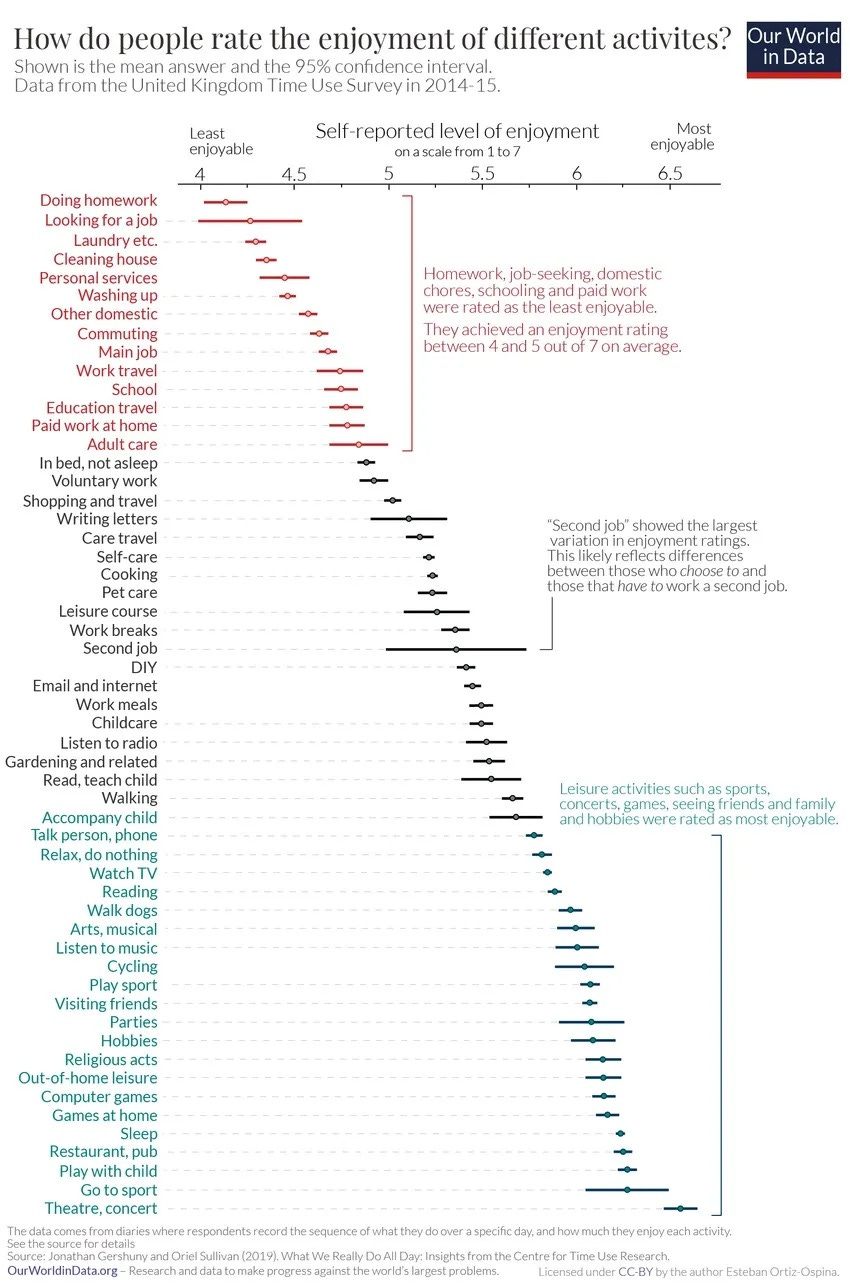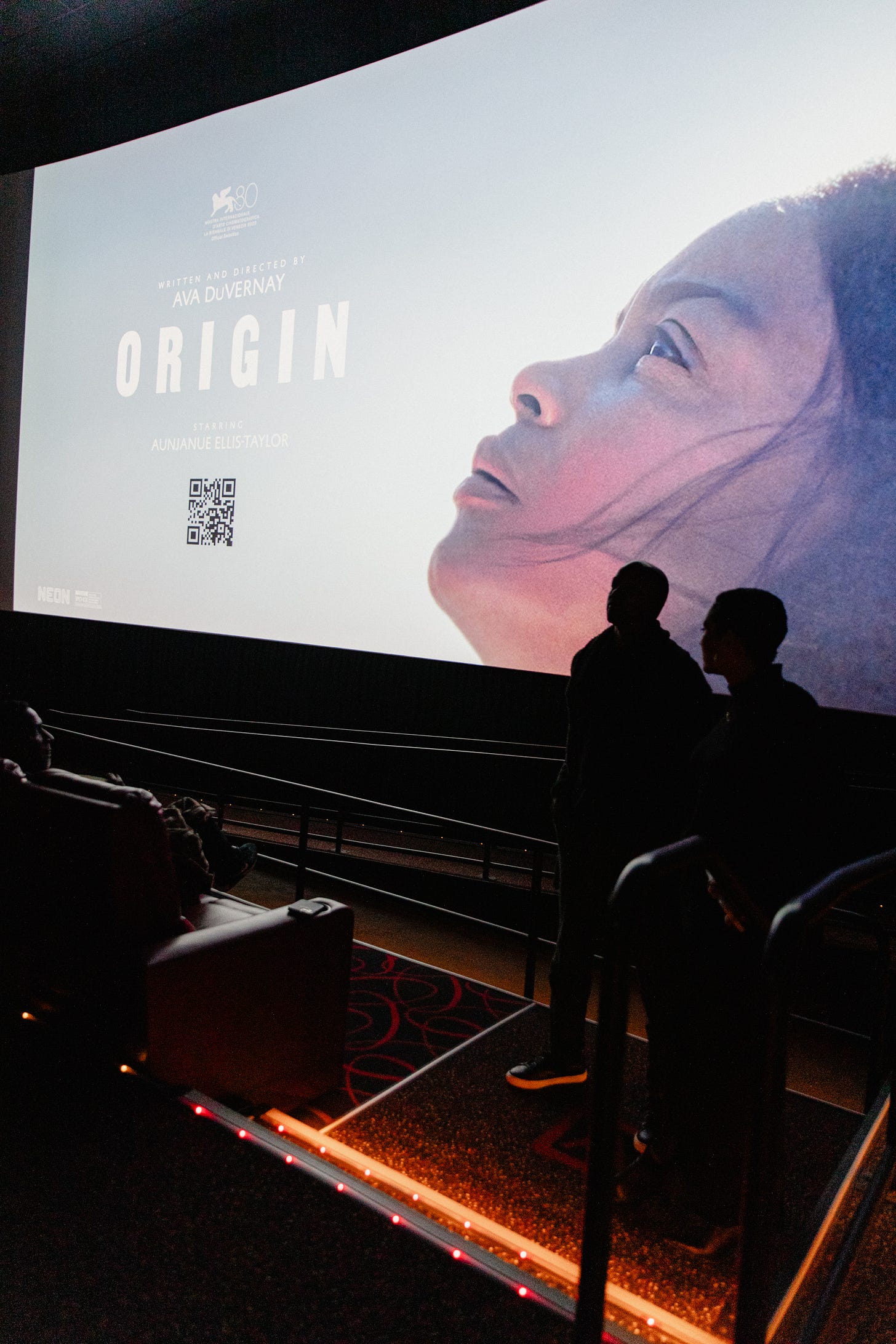I drove down to UVA yesterday to join a reverse pitch competition.
MBA students listened to three founders in medtech, proptech and wearbles pitch, then conducted diligence, presented term sheets and got feedback from VC judges and founders.
As a pre-seed investor, it was helpful to get the inside baseball on term sheets from other judges who have been in the game for 20+ years. Time to revisit Venture Deals.
It was also helpful to observe what approaches resonated with founders, ears and eyes vs hands in the process.
The winning team started with intros and rapid-fire questions, then did a deep dive on each stage of the customer journey. They were focused in the business vs on the deal mechanics, showed that they had done their homework through the questions asked, and built rapport with founders within their 14-minute time limit.
It was my first time back in a UVA classroom since undergrad. Growing up in the UK with a graduating class representing >20 countries, I understood diversity from a global perspective rather than economic or racial. Going to a southern university changed that. It took me a long time to understand, and longer to process.



Sapiens was probably the first book that I read that helped me start to unpack that experience.
You might think that people would gradually understand that these stigmas were myth rather than fact. - Sapiens, Yuval Noah Harari
Then I read Caste. And last weekend, I got to see it reimagined for the big screen in the movie Origin, which explores the author’s journey across continents and time to understand what systems and myths influence our beliefs and the way we treat each other.
How did we get here? And what language can we use to unite us rather than divide us?
The movie transcends the DEI backlash we’re currently experiencing to provide language to understand how multiple societies have built structures to artificially rank human value.
To make Origin, DuVernay raised $38m from unconventional sources (in theaters now!) A founder shared a similar story just the other day.
I love the Silicon Valley state of mind, and that it’s being democratized. Venture funding aside, the barrier to entry to start a business is lower than ever. If you have a great idea, you can build something big.
I was so happy to be in that room yesterday, and to emphasize with each team that venture is a services business built on relationships, that there is no such thing as a “safe” bet, and that great ideas in big markets with founders that execute quickly can win, regardless of caste.
Since large-scale human cooperation is based on myths, the way people cooperate can be altered by changing the myths – by telling different stories. - Sapiens, Yuval Noah Harari
What I read this week
is it worth the time - xkcd
every software business has the same playbook - Evan Armstrong, Napkin Math
In most industries, competition is a knife fight—it’s fast and dirty. In contrast, B2B SaaS is a chess match, cerebral and drawn out. And it’s because rather than merely guessing about what their foes will do, founders can forecast with a spooky level of certainty what is going to happen.
to win, companies have to come up with a distinct thesis on what the most important workflow is for their customer and how they are going to own it.
how to write more - Andrew Chen, a16z
It’s essential to embrace failure and learning. An over-focus on quality can prevent you from trying new things and accepting that some attempts might fail.
vertical operating systems: one system of record to rule them all - Joe Schmidt & Kristina Shen, a16z
One of our favorite aspects of vertical operating systems is that they can add products and services to shrink the total addressable market of their horizontal competitors, while also increasing their own addressable market. For example, while Toast is best known for its point-of-sale terminal and ordering system, it also offers payroll, kitchen management, team management, and other software modules. Each of these could theoretically shrink the addressable market for horizontal competitors in those segments, such as Gusto for payroll.
🎧 costco - Acquired
A Costco buyer only adds 3, 5, 10, maybe 15 SKUs a year. You manage a very tight set of relationships, so they’ll just call a supplier back and say “hey, last time we talked, you mentioned that cocoa prices were high, I noticed they’ve gone down, are you lowering the prices so that we can lower them for our members?” It’s this really amazing side benefit of having the low SKU count is that they can be tough but fair with suppliers…and really stick to it.
And because gross margins are capped at 11-14%, every time Costco reduces the price on something, the customer sees 89% of the benefit. Some companies always look for ways to make more margin, Costco specifically does the opposite. They look for ways to provide more value to members and retain them as members for longer, and to get them to get their friends to be members.

I see you, I love you, go see Origin,
H






